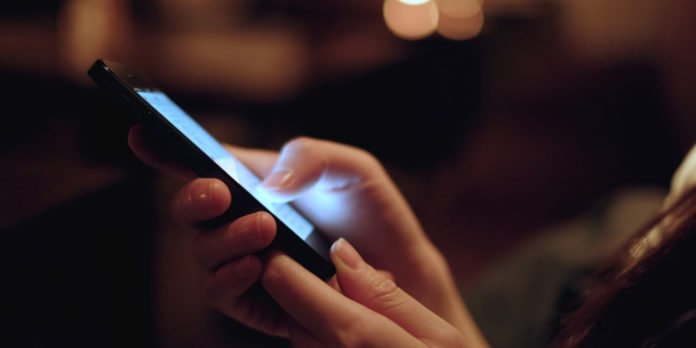We all are in love with our digital devices. Although, no doubt, we largely depend on them. For example, our mobile phone. Our mobile phone is the first device that we check after waking up out of bed and also the last one till we go to the bed.
According to a new study by the University of Houston College of Optometry, blue light emitted from the digital devices could contribute to the high prevalence of reported sleep dysfunction.
Dr. Lisa Ostrin from the UH College of Optometry said, “The most important takeaway is that blue light at night-time really does decrease sleep quality. Sleep is very important for the regeneration of many functions in our body.”
Scientists involved participants under the age of 17 and 42, who wore short wavelength-blocking glasses three hours before bedtime for two weeks. They were still performing their nighttime digital routine. Almost participants have increased melatonin levels (58%).
Only a few means 22 participants reported that they have better sleep quality and tend to sleep 24 minutes early.
Blue light increases alertness and regulates our internal body clock, that tells our bodies when to sleep. This artificial light also activates photoreceptors called intrinsically photosensitive retinal ganglion cells (ipRGCs), which suppresses melatonin.
Based on that, scientists recommend using screen filters, computer glasses or anti-reflective lenses. They also recommend limiting screen time.
Ostrin said, “By using blue blocking glasses we are decreasing input to the photoreceptors. So we can improve sleep and still continue to use our devices. That’s nice because we can still be productive at night.”
